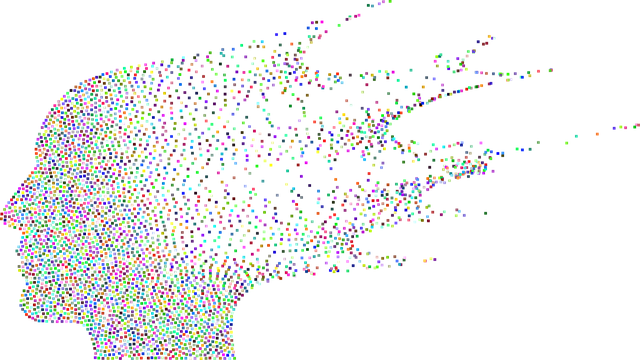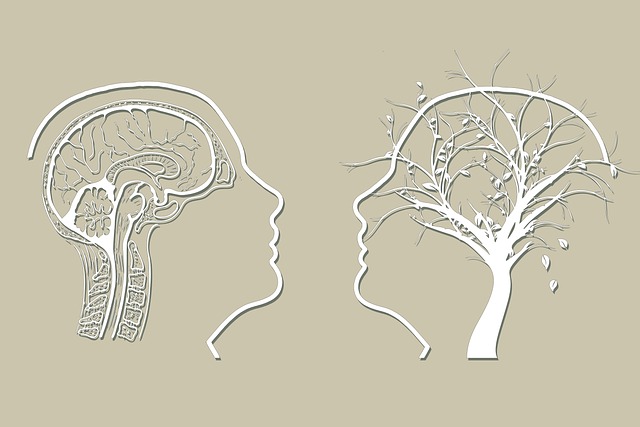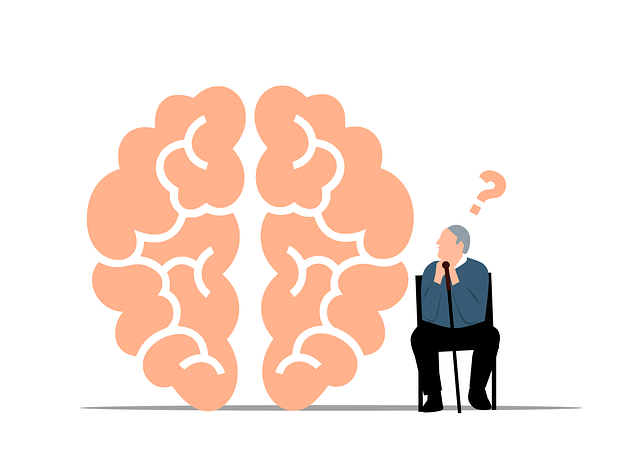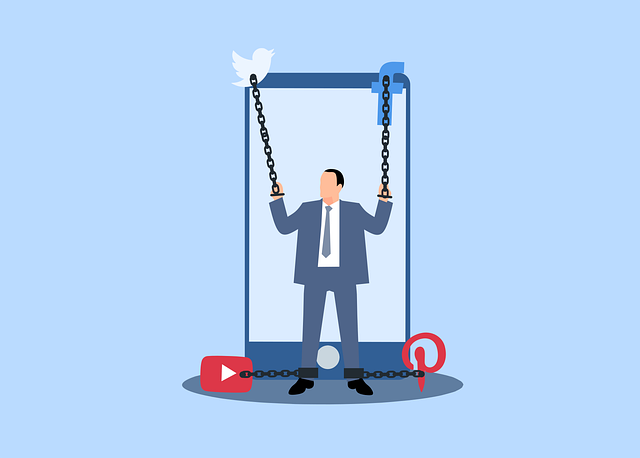Mental wellness apps, like Parker Relationship Issues Therapy (PRIT), are gaining popularity for their accessibility and diverse user needs, offering personalized tracking, resources, and skills development. These apps integrate evidence-based techniques, such as mood trackers, positive thinking exercises, and mindfulness meditations, to empower users in managing stress and improving relationships. Incorporating PRIT into digital platforms enhances effectiveness and engagement, bridging traditional therapy with accessible coping mechanisms. However, concerns about privacy, security, and ethics require stringent data protection measures, transparent handling, and adherence to ethical guidelines. Successful marketing strategies for such apps include leveraging social media, partnerships with mental health influencers, and a Mental Wellness Podcast Series, along with user engagement tactics like gamification and personalized notifications.
“Uncovering the transformative potential of mental wellness apps, this article navigates a burgeoning digital landscape. We explore essential aspects of app development, from understanding the unique needs of users seeking Parker Relationship Issues Therapy to designing user-centric features that foster meaningful connections.
Delving into evidence-based therapies suitable for digital platforms, we also address critical considerations: privacy, security, and ethics. Furthermore, effective marketing and user engagement strategies are unveiled to ensure a successful app launch, ultimately contributing to improved mental wellness.”
- Understanding Mental Wellness App Needs: A Comprehensive Overview
- Designing User-Centric Features for Parker Relationship Issues Therapy
- Incorporating Evidence-Based Therapies in Digital Platforms
- Privacy, Security, and Ethical Considerations for Mental Health Apps
- Marketing and User Engagement Strategies for Successful Launch
Understanding Mental Wellness App Needs: A Comprehensive Overview

Mental wellness apps have become increasingly popular as people seek accessible ways to support their psychological well-being. Understanding the diverse needs of users is crucial for developers aiming to create effective tools that cater to various mental health concerns, from stress management and anxiety reduction to fostering better communication strategies in relationships.
Apps like those offering Parker Relationship Issues Therapy exemplify this comprehensive approach, targeting specific challenges while also promoting self-care practices. By integrating evidence-based techniques, these applications empower individuals to take charge of their mental wellness. They provide a personalized experience, allowing users to track progress, access resources, and acquire skills to navigate life’s stresses and improve interpersonal connections through enhanced communication strategies.
Designing User-Centric Features for Parker Relationship Issues Therapy

When designing features for a mental wellness app focusing on Parker Relationship Issues Therapy, it’s paramount to keep the user at the heart of every decision. This means creating intuitive interfaces that cater to individual needs and preferences. Incorporate interactive tools like mood trackers, where users can log their feelings over time, helping them identify patterns in their emotional state. This data-driven approach empowers individuals to better understand themselves and take proactive steps for Parker Relationship Issues Therapy.
Additionally, integrate features promoting positive thinking and mindfulness exercises tailored to different scenarios, ensuring users have accessible resources for immediate support. For instance, a “Calm Moment” section could offer short guided meditations or positive affirmation audio clips designed to aid in instant mood management. By making these tools readily available, the app fosters a sense of empowerment and self-care, crucial elements in navigating Parker Relationship Issues Therapy effectively.
Incorporating Evidence-Based Therapies in Digital Platforms

Incorporating evidence-based therapies into mental wellness apps is a strategic step towards enhancing their effectiveness and user engagement. Digital platforms have evolved to become powerful tools in the field of mental health support, offering accessible and personalized coping mechanisms. For instance, incorporating techniques from Parker Relationship Issues Therapy can be transformative for users dealing with interpersonal challenges. This approach leverages structured exercises and interactive modules to teach essential communication strategies and coping skills development, fostering better relationships and improved emotional well-being.
By integrating evidence-based practices, these apps cater to a wide range of mental health needs, including trauma support services. Features such as guided meditation, cognitive behavioral therapy (CBT) techniques, and mindfulness exercises not only provide users with tools for self-regulation but also encourage consistent engagement, ensuring that coping skills development becomes an ongoing process. This holistic approach leverages technology to bridge the gap between traditional therapy and digital accessibility.
Privacy, Security, and Ethical Considerations for Mental Health Apps

Mental wellness apps have gained immense popularity as tools for personal growth and therapy, but with this rise comes a heightened focus on privacy, security, and ethical practices. These apps often deal with sensitive user data, including intimate details about individuals’ emotional states and personal struggles, such as Parker Relationship Issues Therapy. As a result, developers must ensure robust security measures to protect against unauthorized access or data breaches.
The handling of private information requires careful consideration of encryption methods, secure storage, and transparent data-sharing practices. For instance, apps should enable users to control their data accessibility, allowing them to grant or revoke permissions for specific features. Additionally, developers must adhere to ethical guidelines, particularly when it comes to the collection, usage, and sharing of user data, ensuring that individuals’ emotional intelligence and emotional regulation are not compromised. Stress management workshops organized by mental health apps should also prioritize educational content over exploitative practices, fostering a safe and supportive environment for users’ well-being.
Marketing and User Engagement Strategies for Successful Launch

To ensure a successful launch for your mental wellness app, marketing and user engagement strategies are pivotal. The first step is to define your target audience—those struggling with Parker Relationship Issues Therapy or seeking Self-Care Routine Development for Better Mental Health. Utilise social media platforms like Instagram and Facebook to spread awareness about Mental Health Awareness and engage potential users through insightful content, testimonials, and interactive videos demonstrating the app’s features. Influencer partnerships can also amplify your message, especially when collaborating with mental health advocates who resonate with your target demographic.
Additionally, consider hosting a Mental Wellness Podcast Series Production to build a community around your brand. Podcasts offer an intimate setting to discuss various aspects of mental wellness, invite guest speakers, and share practical tips. Integrate these marketing efforts with a robust user engagement plan. Encourage app downloads through referral programs, gamification elements, and personalized notifications that keep users engaged. Regularly update the app with new content and features based on user feedback, ensuring it remains dynamic and relevant in addressing Parker Relationship Issues Therapy and promoting overall mental wellness.
The development of mental wellness apps, including innovative solutions like Parker Relationship Issues Therapy, presents a promising avenue for enhancing access to care. By incorporating evidence-based therapies, prioritizing user-centric design, and addressing critical privacy and ethical concerns, developers can create impactful tools that improve mental health outcomes. Effective marketing strategies and a focus on user engagement are essential for ensuring these apps resonate with their target audiences, ultimately fostering healthier lives and stronger communities.














